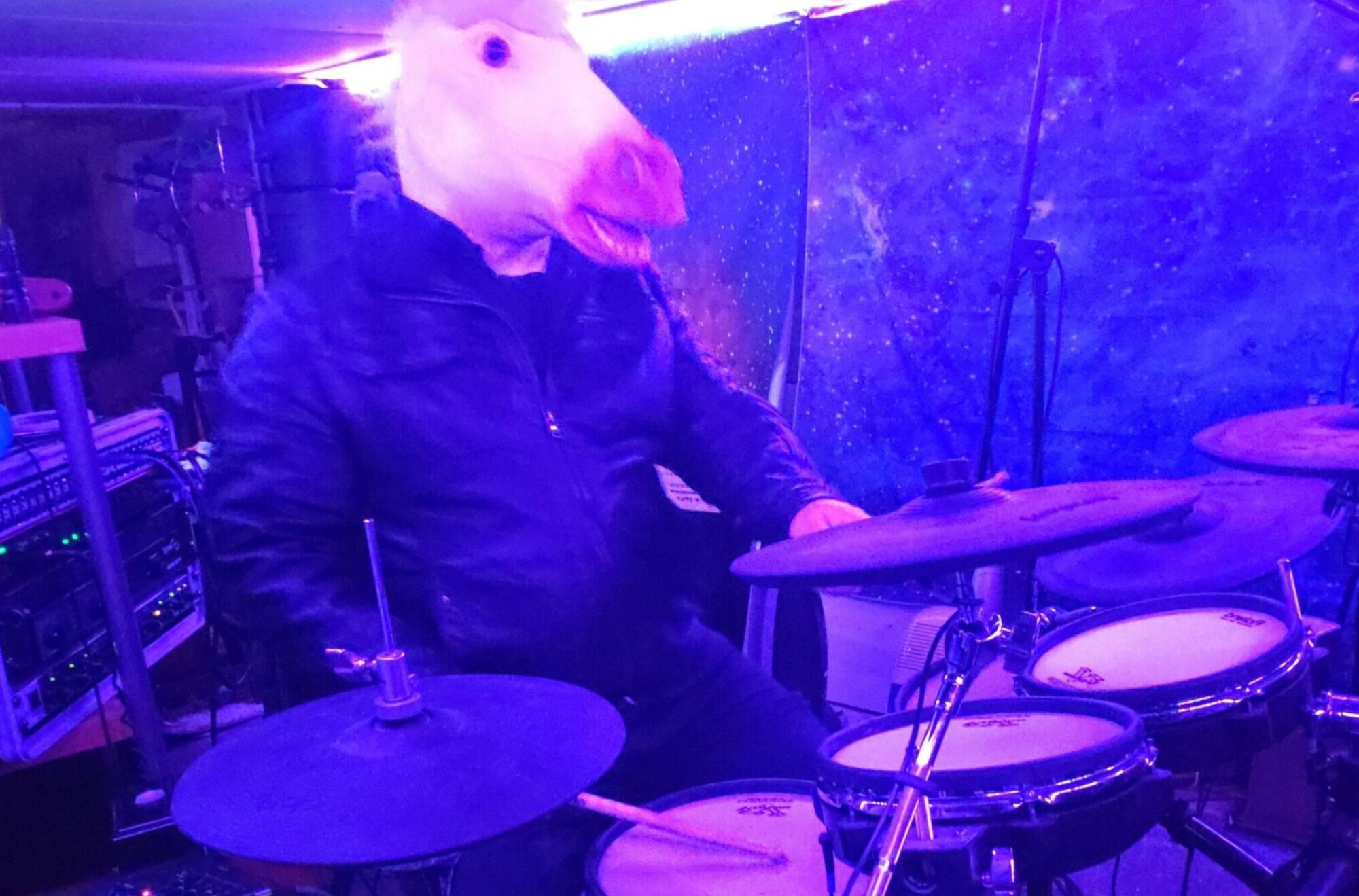This is a continuation from part 1.
So, last week I got a little distracted, in my stream of conscious writing style, with listing out a bunch of things that my band, Hidden Number, did for a record release. My intent was to show that there was a lot to do, and how it really helped to know how much time, resources, and money took to do each task. We likely could have done some things differently when it came to the promotional side of things, but I try not to get into that stuff with my blog. And so I want to follow up again with some more ruminations on costing in reference to art.
So here’s an example. If you were considering taking on learning to play a new song, here are some things you might consider:
- How complex is the song? How many grooves, how many stops, how complex is the voicing, is there a tag at the end, etc.?
- How complex are those parts?
- Do I have the technical ability, or will I need to first learn how to technically pull something off?
- Can I just sort of wing it in places? How much improv is there?
- Are charts provided for me? Or will I need to transcribe charts? How much of it actually requires transcription?
- Is there reference audio? Does it actually match the form of the song?
- Is there a rehearsal? Regular rehearsals? Sectionals?
- How much travel is required to rehearsals and performances?
- How much time do I have free?
- Will I have to be ready before the first rehearsal? What level of quality is expected from me at various parts of the project?
- What level of quality is expected during the performance(s)?
- Can I have sheet music at the performance(s), or must it be memorized?
- What’s the compensation for all of this? What’s the benefit for doing it?
The more of a beginner you are, the more conscious you need to be about these questions. Conversely, I’ll bet the priorities of these questions change over time, as you gain experience and as your impact changes. I rarely think about this entire specific song-learning process all the way through anymore, so just now I was surprised as I kept thinking of more factors to consider. There are a lot of factors! What did I leave out?
Anyway, sometimes you have to make a quick decision about this kind of thing. You’ll want to trust your intuition on this. But let me warn you: you can only trust your intuition if it’s backed by conscious experience. Otherwise, intuition is just a wild guess. As for myself, I know I forget about some of these 12 questions sometimes, and I’ll bet I even left some off. I trust my intuition on this quite a bit. But I play a lot of live shows. What if someone asked me to compose a soundtrack? Well, back to square one–I’d never trust my intuition for costing that. I’d ask friends about how long it took them to compose a soundtrack, and then I’d double or triple the estimated time so that I can deliver something that I’m proud of. So, I should probably start preparing for this opportunity in advance so that I can intelligently make a good estimate!
Or, imagine you agreed to do a bunch of different things over a period of time. Now the errors in your estimates are compounding. The more you sign up for, the more of a chance that you are biting off more than you can chew, and the more sleepless nights you end up busting your butt. The more varied things you are doing, the more of a chance that you goofed in costing. So, add buffer. In the software industry, I learned to first estimate the cost–and then double the estimate. Make sure you leave room for the unexpected, including unpredictable external factors. And make sure to account for your unrealistic optimism about the difficulty of the project. Because, come on! You want to do it so bad! You want to tell people it will be easy! But it isn’t actually easy, is it? At least be honest with yourself.
Costing impacts what you can sign up to do, but remember this: if you want to have a big impact with your art, then it is almost certain that others are depending on you–and you want to deliver more than you promised, right? Especially when it comes to your fans.
ABC: Always Be Costing.
(Next week, I’ll talk about other benefits of costing, beyond just being trustworthy. And maybe tell some personal horror stories.)
Update: Here’s part 3.

2 Replies to “Trying to estimate the cost, part 2”